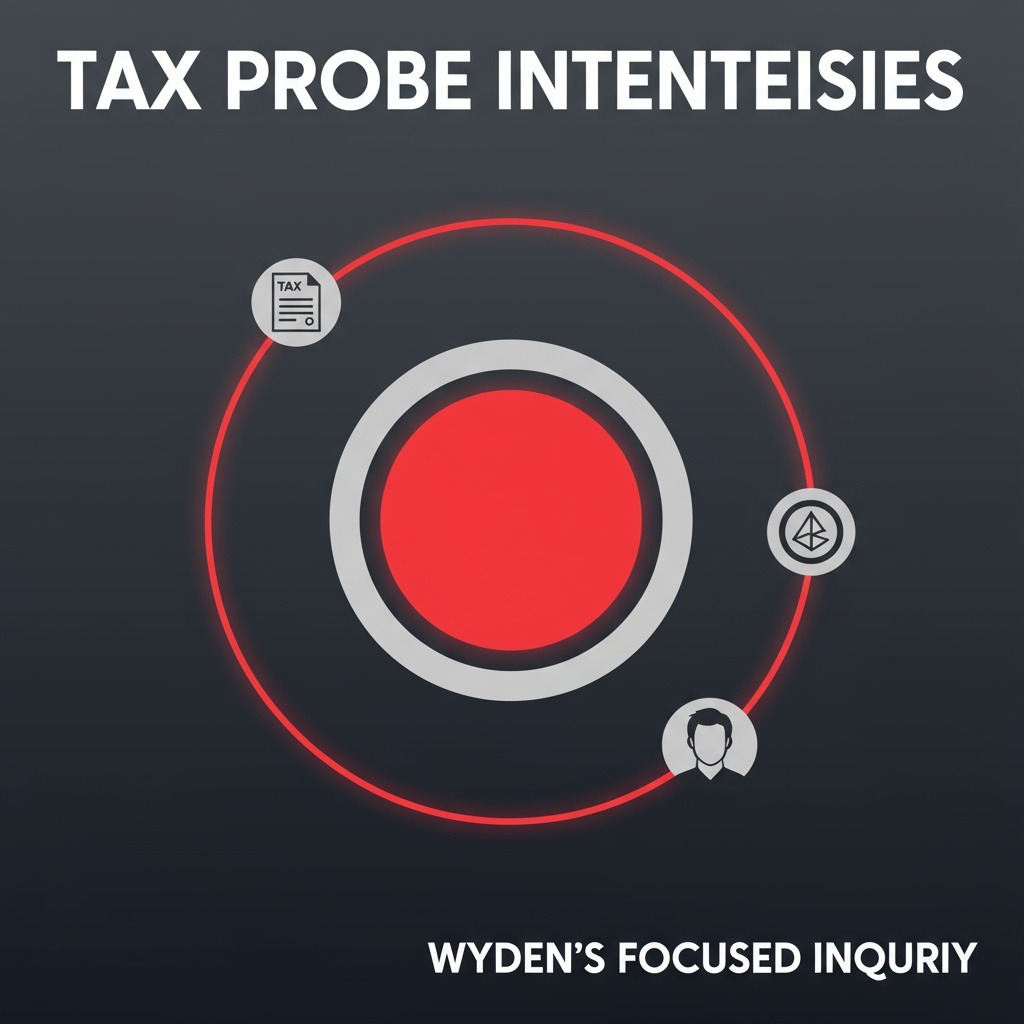U.S. Senator Ron Wyden, the leading Democrat on the Senate Finance Committee, is ramping up his investigation into Dan Morehead, the founder of Pantera Capital, amid allegations of tax evasion linked to his relocation to Puerto Rico. This inquiry has been underway since January and focuses on how Morehead reported taxes related to substantial profits from the firm’s cryptocurrency sales.
At the center of the scrutiny is a reported over $1 billion in capital gains from Pantera’s crypto transactions, with Wyden questioning whether Morehead misrepresented his residency status to benefit from Puerto Rico’s favorable tax laws. Notably, residents of the U.S. territory are not subject to taxes on capital gains, raising concerns about the legitimacy of Morehead’s tax filings.
In a letter addressed to Morehead, Wyden outlined his serious concerns, stating, “It is my understanding your share of these gains … was hundreds of millions of dollars.” He continued by asserting that Morehead treated these substantial gains as exempt from U.S. tax obligations, despite the fact that a significant portion of them reportedly accrued while Morehead was still living in California.
Wyden underscored the severity of the situation, suggesting that Morehead’s actions could represent a misuse of the tax incentives offered by Puerto Rico. He emphasized the importance of addressing the allegations promptly, as they raise questions about potential abuse of tax regulations.
The correspondence also highlighted difficulties in communication, with Wyden noting that Morehead’s legal team seemed to have become unresponsive after initially engaging with Senate staff. The investigation has reportedly uncovered that Morehead sought legal counsel from Jeffrey Rubinger, an attorney based in Miami who has previously represented clients involved in tax fraud schemes connected to Puerto Rico’s tax incentives.
Representatives from Pantera Capital responded to the inquiries by referring to earlier statements made by Morehead, in which he defended his tax practices, asserting that he acted in accordance with the law. Earlier this year, Morehead told the New York Times, “I believe I acted appropriately with respect to my taxes.”
Notably, while Wyden’s investigation is significant, it currently lacks the full backing of the Senate Finance Committee’s formal investigative powers. This is due to the Democrats holding a minority position in the Senate, coupled with the chairmanship of the committee being in Republican hands, where no formal support for the inquiry has been expressed.
The increased attention on Morehead coincides with a recent Senate Finance Committee hearing focused on cryptocurrency tax matters, during which experts warned that the Internal Revenue Service (IRS) may soon face an overwhelming influx of tax reporting stemming from the rapidly evolving crypto landscape. Lawmakers are grappling with how to effectively manage tax regulations in this booming industry, highlighting the complexities surrounding taxation in the world of digital assets.
This ongoing investigation reflects broader concerns about regulatory compliance and tax obligations in the cryptocurrency sector, raising essential questions about the intersection of local tax laws and federal oversight. As Senator Wyden continues his examination, the implications of these findings could resonate throughout the crypto and financial industries.



